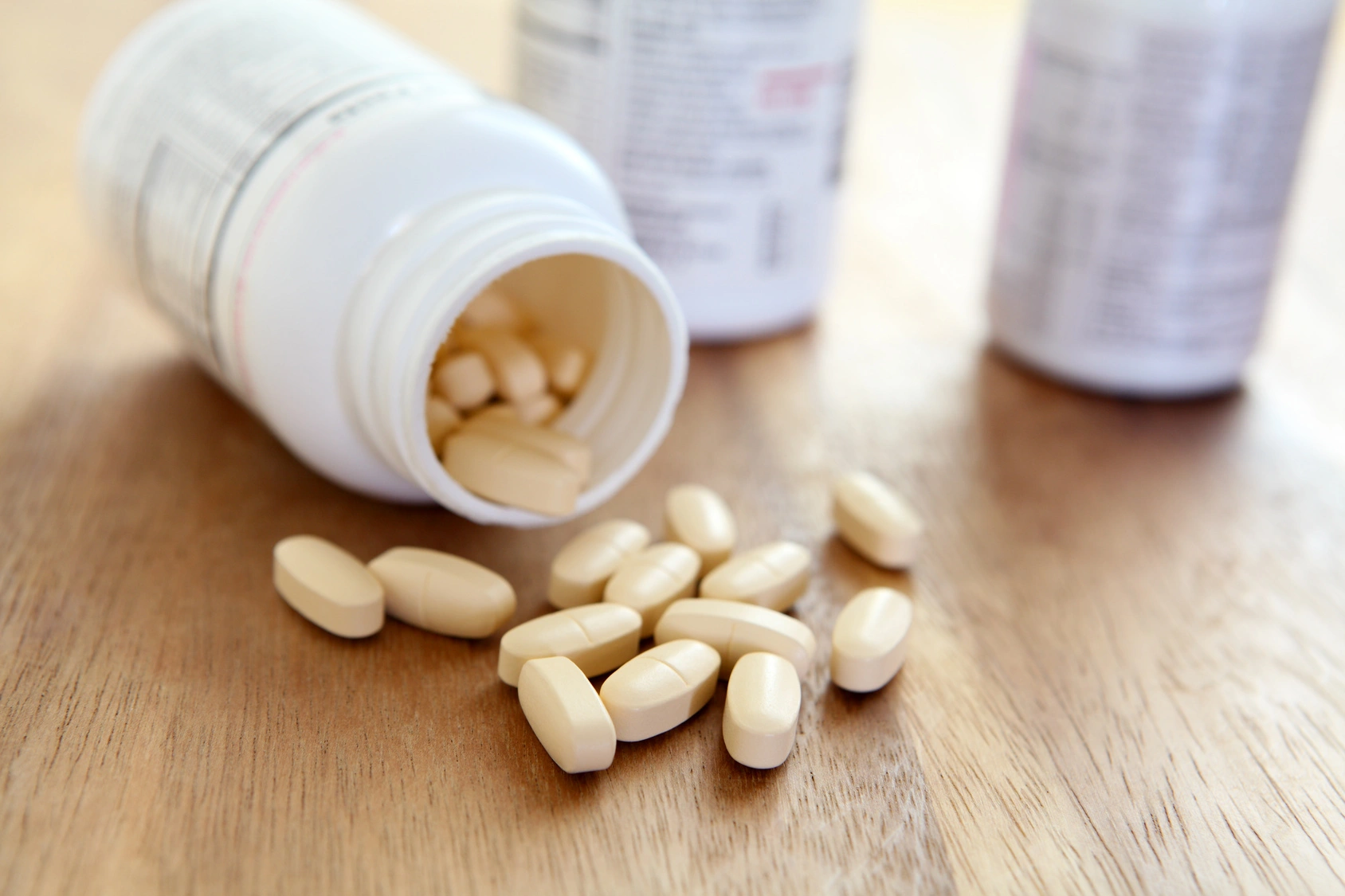WEB DESK, June 22(ABC): Probiotics – the good bacteria often claimed to lead to positive health responses – could have a role to play in treating depression, according to a new study involving 47 volunteers who were experiencing depressive episodes.
Participants in the research who took probiotic supplements in addition to antidepressants showed a greater improvement in their depressive symptoms than those who took a placebo, over the course of a 31-day period.
The researchers also noticed changes caused by the probiotics in the intestinal flora of those who took them: an increase in lactic acid-producing bacteria. However, a follow-up after four weeks showed that the levels of these bacteria decreased again over that time.
“It may be that four weeks of treatment is not long enough and that it takes longer for the new composition of the intestinal flora to stabilize,” says psychiatrist Anna-Chiara Schaub from the University of Basel in Switzerland.
The research taps into something that scientists already know: that the gut and the mix of bacteria in it can play an important role in our mental health. The team also looked at another previously explored link, between depression and how we process the emotions that we encounter in other people.
In people with depression, certain brain regions handle this processing differently, and it s often measured by looking at responses to facial expressions. This study took the same approach, using fMRI scans to see how participants reacted to neutral or fearful faces.
It turns out that the probiotics had an impact here too: for those who took the course of good bacteria, the normally awry brain processes normalized. While the reasons for why this happens aren t entirely understood, the initial signs are positive that the treatment affects multiple facets of depression.
“Although the microbiome-gut-brain axis has been the subject of research for a number of years, the exact mechanisms are yet to be fully clarified,” says Schaub.
The health benefits of probiotics are hardly clear-cut, and research continues into whether they might also do more harm than good. Based on this small sample though, it seems as though they do have at least some potential when it comes to treating those with depression.
That said, the team behind the study is keen to emphasize that the probiotics wouldn t work as a treatment on their own, without the antidepressants – and more research is going to be needed to look at the effects of certain kinds of live bacteria on much larger numbers of people.
Currently, around two-thirds of those prescribed with antidepressants don t show a significant long-term response to them. It s possible that in the search for more tailored and effective treatments, probiotics could have an important function we haven t yet found.
“With additional knowledge of the specific effect of certain bacteria, it may be possible to optimize the selection of bacteria and to use the best mix in order to support treatment for depression,” says Schuab.

